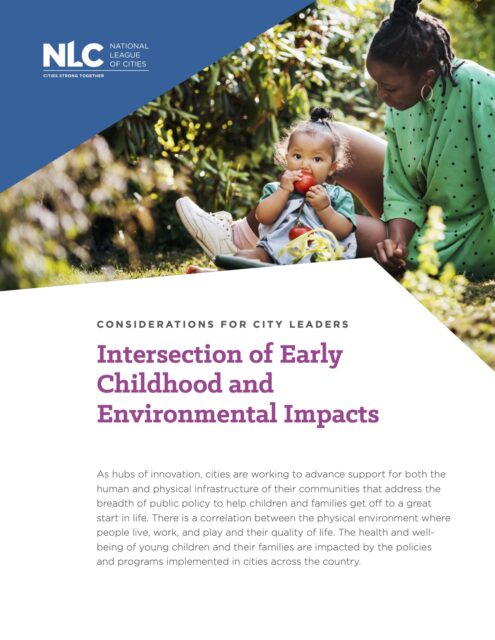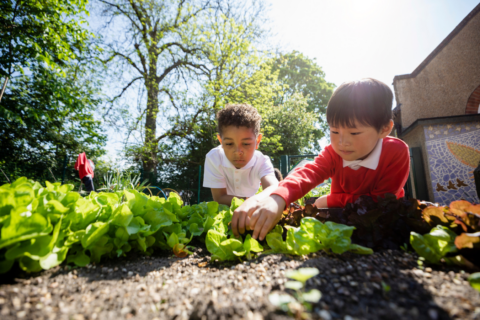Children and families of color face persistent inequalities that exist across every indicator of well-being, including employment, net worth, and criminal justice involvement. A child’s health and well-being in the first three years of life set the foundation for future learning, behavior, and health. This period is the most sensitive for a child’s developing brain and body.
Climate and environmental health risks to children are increasingly recognized as an international problem by leaders across the early childhood field. Due to their size, physiology, and behavior, children are more vulnerable than adults to environmental hazards such as climate change. Children are more heavily exposed to toxins in proportion to their body weight and have more years of life ahead of them in which they may suffer long-term effects from early exposure. Any agenda for early childhood development should work to limit the impacts that climate change will have on children throughout their lives.
Since 2017, NLC has been working to elevate the vital role of municipal government in creating and strengthening early care and education systems with an emphasis on the prenatal-to-three (P-3) developmental period. In this iteration of the initiative, we are working with five cities: Charleston, SC; Cleveland, OH; Flint, MI; Newark, NJ and Tacoma, WA. This resource focuses on learning from these cities as they work toward better outcomes for the children in their communities.










